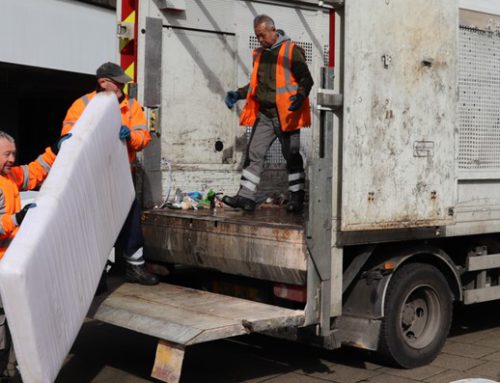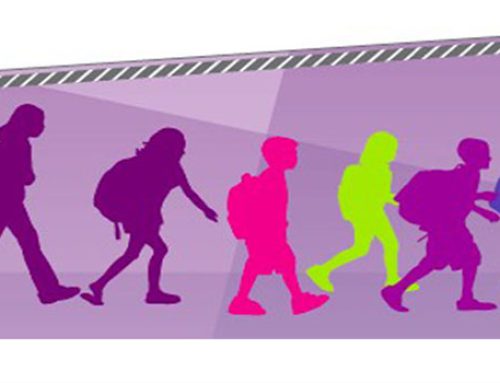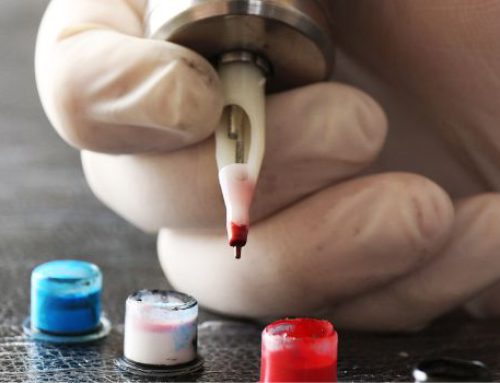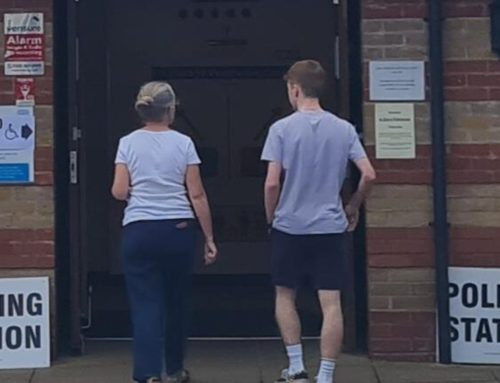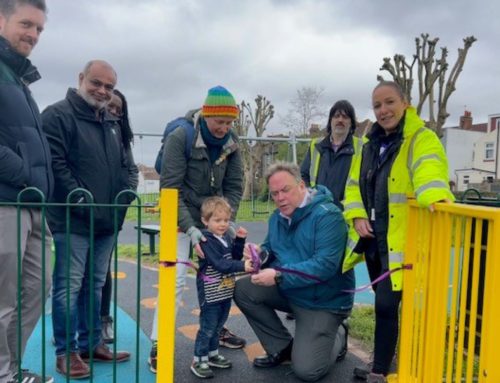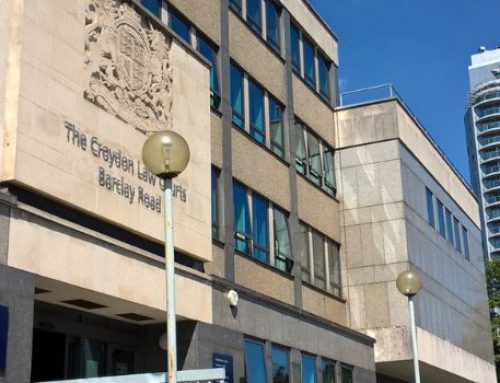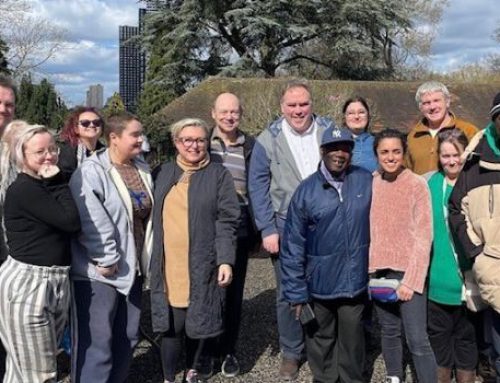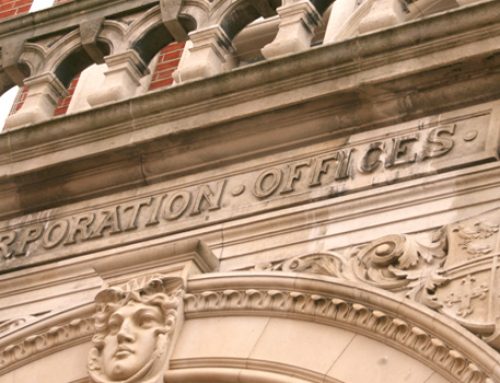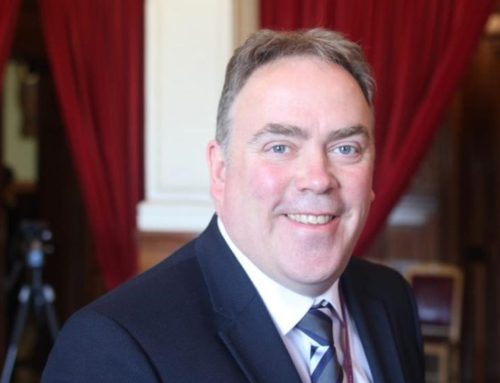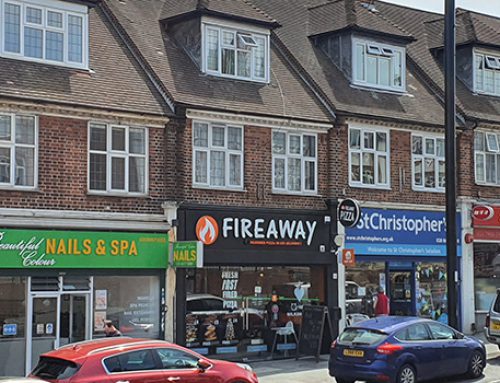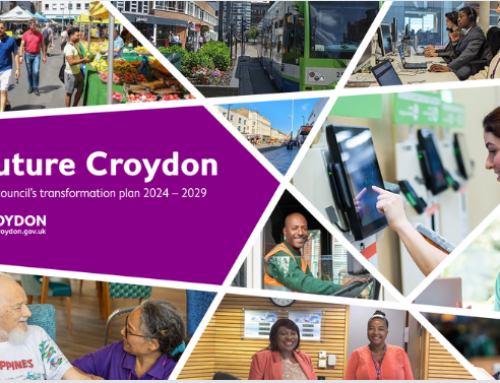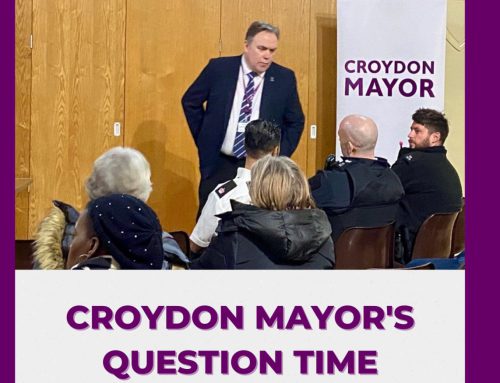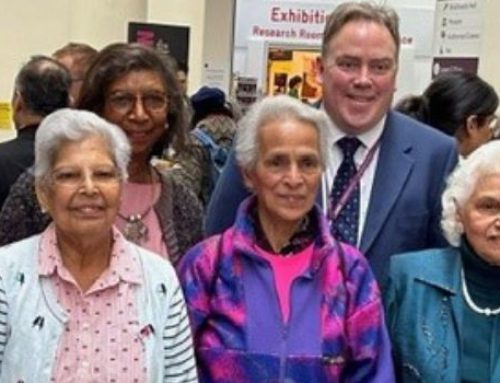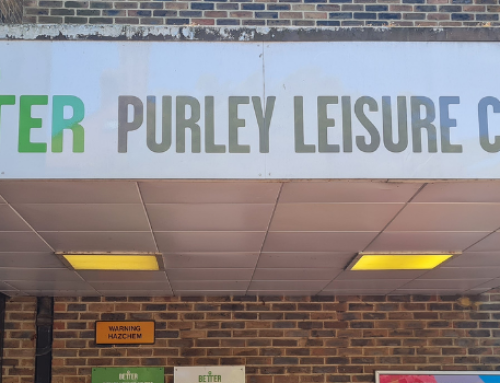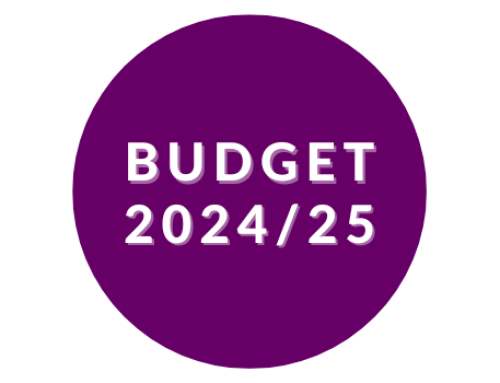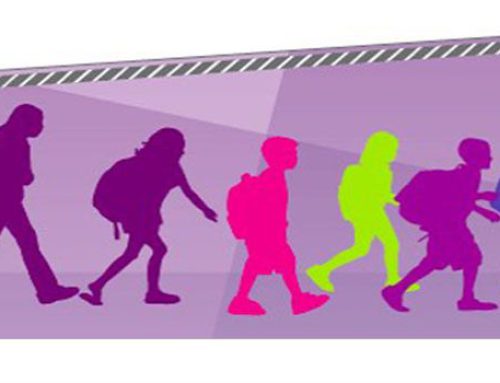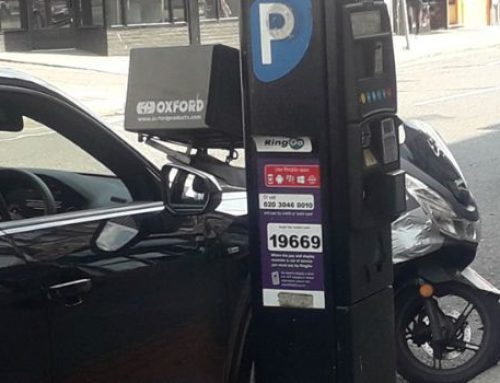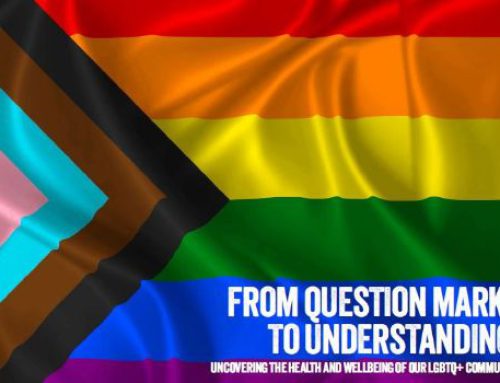Scams that prey on people’s trust or hopes of a big lottery-type pay-out can be devastating for the victim.
When that victim is socially isolated – because, for example, of disability or long-term illness – the effects are often more harmful and cut more deeply because the mechanisms that might support them are not readily in place.
It is the socially isolated that form the latest focus of this year’s Scams Awareness Month, highlighting just how vulnerable they are to schemes designed to part them from their cash – often their life savings.
People who are socially isolated can be the hardest to reach and often aren’t able to access the same support, advice and help available to others. While this group makes up a smaller number of cases of reported scams it is often the hardest hit, both financially and in the overall impact on health and well-being.
The names and addresses of nearly 300,000 people nationally are believed to be on lists that are sold between criminals to use as targets for scams. Research has found that nine in 10 people on such lists are unaware that they are being targeted.
Citizens Advice data shows that, when compared to the general population, disabled people and those who have a long-term health condition were more likely to be victims of phishing and other banking scams (37% compared to 29%), and prizes and lottery scams (41% against 29%). Though these factors do not necessarily make them socially isolated, they may contribute to it.
Phishing – emails and harmful links designed to deceive people into revealing personal or financial details. By spoofing emails, email addresses, websites and payment services, scammers can trick people into believing they are dealing with genuine banks, traders and/or authorities.
Lottery/prize-draw scams – mainly postal, these frauds demand an advance fee from the victim, and offer fake prizes or entry into non-existent lotteries abroad.
In a recent international telephone scam, a Croydon woman handed over £400 after receiving a call from a man introducing himself as Alan Cooper of the National Fraud Intelligence Bureau. He had an Indian accent, which he attempted to disguise.
He claimed that he had prevented someone fraudulently withdrawing money from her account. Initially demanding a fee of £1,500, he continued to ring her all afternoon, until she agreed to pay him £400.
He instructed her to go to the local branch of Western Union to transfer the £400, which was cashed within minutes. Realising she had been scammed, she contacted the police, but continued to receive calls from the scammers who claimed that they had apprehended two people.
Croydon’s trading standards team urges residents to never reveal personal or banking details to random telephone callers.
Stopping unwanted telephone calls
To register with the Telephone Preference Service:
- call 0845 070 0707;
- write to: TPS, DMA House, 70 Margaret Street, London W1W 8SS; or
- visit www.tpsonline.org.uk
Speak to your telephone provider; some can provide an anonymous call rejection service.
To stop silent calls, which can be generated by call centres’ automatic dialling equipment, you can register with the Silentcall-Gard service, but you need to renew every 12 months. To register:
- call 0844 372 2325; or
- visit www.silentgard.com/register.aspx
Consider going ex-directory.
Install an answering machine.
Caller ID devices and call screeners – these display the number of the caller. They can be standalone, integrated into your phone or by the payment of a small monthly fee.
What can consumers do to tackle scams?
Three things that residents can do if they suspect they are the target of a scam.
- Get advice from the Citizens Advice consumer service online at www.citizensadvice.org.uk or by calling 03454 04 05 06. More information about Scams Awareness Month can be found at www.citizensadvice.org.uk/about-us/campaigns/current_campaigns/scams-awareness-month/scams-awareness-month/
- Report scams and suspected scams to Action Fraud online at www.actionfraud.police.uk or by calling 0300 123 2040. Reporting can help prevent it happening to others. If debit cards, online banking or cheques are involved in the scam, the consumer’s first step should be to contact their bank or card company.
- Tell family, friends, neighbours so that they are aware and can avoid scams.
Croydon’s trading standards team will be at the venue below, between noon and 2pm, providing free advice on tackling scams and avoiding doorstep crime.
- Friday 21 July – Barclays Bank, Ambassador House, 1 Brigstock Road, Thornton Heath


